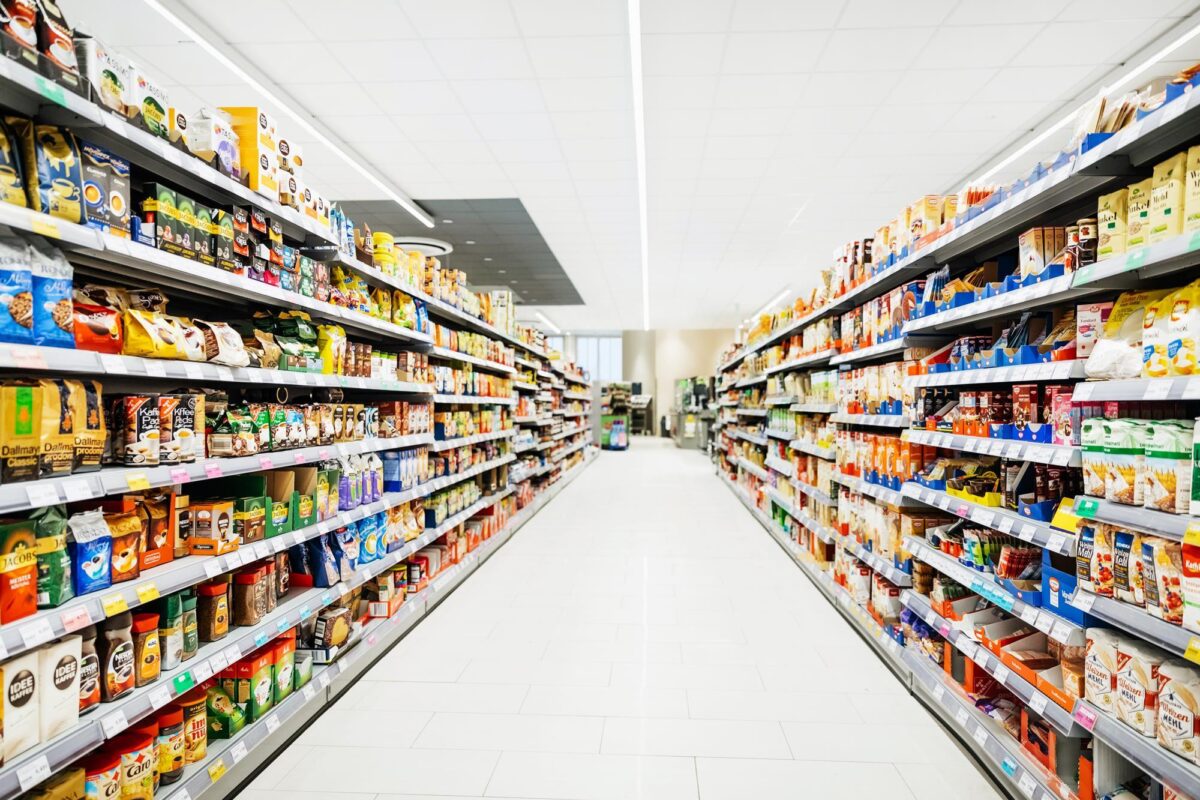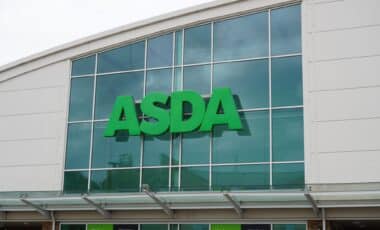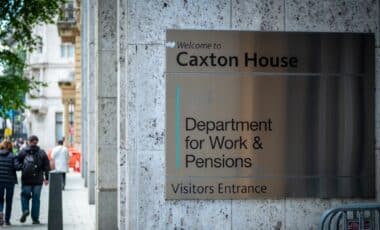Co-op has announced that its store in Honiton, East Devon, will close permanently on 15 March, marking another setback for the UK high street. The news has been met with disappointment from local residents, many of whom rely on the store for their daily shopping needs. With fewer supermarket options in the area, shoppers now face the challenge of adjusting to the loss of a familiar and convenient retailer.
The decision to shut the Honiton branch is part of a wider trend of store closures across the UK, as businesses adapt to changing consumer habits, rising operational costs, and increased competition from online retailers. While Co-op continues to operate more than 2,500 stores nationwide, it has been reassessing its locations, leading to the closure of several branches in recent months.
Co-op Closures and the Changing Retail Landscape
The closure of the Honiton store is not an isolated case. Another Co-op location in Oswestry, Shropshire, is scheduled to shut in July, while a Nottingham branch closed permanently in November 2024 after serving the community for 50 years. These closures highlight the challenges faced by traditional supermarkets, which must now compete with discount retailers, online shopping, and changing consumer expectations.
Despite these shutdowns, Co-op continues to invest in new locations and store refurbishments. Some sites have been closed due to low footfall or financial performance, while others are being replaced with more strategically placed stores. The retail industry is undergoing a period of transformation, with businesses seeking to optimise their store networks to remain competitive.
The Struggles of the British High Street
The closure of the Honiton Co-op is another blow to the struggling high street, which has been battling a decline in foot traffic, the rise of e-commerce, and rising business costs. In recent years, the shift towards online shopping has accelerated, making it harder for physical stores to maintain profitability.
Over the past decade, online retail sales have surged, growing from 5% of total retail sales in 2008 to 27% by 2022. This rapid transformation has reshaped the way people shop, leading many retailers to scale down their physical presence in favour of a stronger digital strategy. While supermarkets have historically been more resilient to online competition, changes in consumer habits are now affecting in-person grocery shopping as well.
Economic factors have also played a role in store closures. With inflation impacting household budgets, shoppers have become more price-conscious, opting for cheaper alternatives such as Aldi and Lidl. At the same time, rising wages and business rates have made it increasingly expensive for retailers to keep stores open, forcing them to reevaluate their locations and focus on areas with the highest profitability.
What This Means for Local Shoppers
For residents of Honiton, the loss of Co-op means fewer choices for grocery shopping, especially for those who prefer local high street stores over large retail parks or online alternatives. While Co-op continues to operate other stores in the region, some shoppers may now have to travel further to access their nearest branch.
Beyond the immediate impact on shoppers, the closure of a major store like Co-op can affect the overall health of the high street. When a well-known retailer shuts down, it often leads to a drop in foot traffic, which in turn can put pressure on other local businesses. Smaller retailers, cafés, and independent shops often rely on customers visiting supermarkets or larger stores nearby, meaning that closures like this can have wider consequences for the local economy.









